
– Interim Chair fears for future of oil watchdog
By Kizito CUDJOE
The future of the country’s oil revenue watchdog, the Public Interest and Accountability Committee (PIAC), faces growing uncertainty as government has once again excluded it from key consultations on amendments to the Petroleum Revenue Management Act (PRMA), 2011 (Act 815).
A recent meeting convened by the Ministry of Finance (MoF) to discuss the proposed PRMA amendments, part of preparations ahead of the 2026 Budget Statement, reportedly left PIAC out of the invitation list – even though the body was established by the same law.
Other civil society organisations (CSOs) working on extractives governance were, however, invited to participate.
In a letter dated November 2, 2025 signed by the Legal Director of the Ministry of Finance, Amerley Nuno-Amarteifio, inviting stakeholders – ‘Invitation to Meeting on Proposed Amendments to the Petroleum Revenue Management Act, 2011 (Act 815)’ – the invitees were directed to nominate a member each to participate in the discussion.
“Proposed amendments to the Act will be sent to your representatives via email ahead of the meeting,” the letter read.
Sources familiar with the development said PIAC, upon learning about the meeting, had to ask for a member to attend after initially being told that the matter under discussion did not concern them.
This is the second time this year the ministry has sidelined PIAC in discussions surrounding reforms to the PRMA. It will be recalled that in March parliament passed the Petroleum Revenue Management (Amendment) Act, 2025 (Act 1138), which effectively removed the provision that guaranteed PIAC a dedicated portion of petroleum revenues to finance its operations.
The amendment replaced Section 21 of the principal Act, which previously required that not less than 70 percent of the Annual Budget Funding Amount (ABFA) – the share of oil revenue allocated to the national budget – be used for public investment, while PIAC’s budget was treated as a direct charge on the fund. This arrangement gave the committee a measure of financial independence and protected it from arbitrary cuts.
Under the revised framework, however, the ABFA has been fully integrated into the national budget and made subject to general fiscal procedures. Allocations are now to be guided by a Medium-Term Expenditure Framework and a long-term development plan, with spending prioritised for economic development, regional equity and infrastructure.
The amendment further allows up to five percent of the ABFA earmarked for infrastructure to be channelled to the District Assemblies Common Fund (DACF). In addition, Section 57(3) of the principal Act, which offered an extra layer of protection for PIAC’s funding, was also repealed.
Reacting to the development, Interim Chair-PIAC Richard Kojo Ellimah described government’s move as “very unfortunate”, noting that it undermines the spirit of transparency the PRMA was designed to uphold.
“Let me put it on record that this was a very unfortunate move,” he told this paper. “PIAC has since its establishment worked on all aspects of petroleum revenue management, including oversight of the Ghana Heritage Fund (GHF) and Ghana Stabilisation Fund (GSF). In our annual and semi-annual reports, we provide detailed updates on these funds.
“So, if government intends to amend provisions affecting these two critical funds, I cannot understand why it would not occur to anyone to invite PIAC to the table. We are a key stakeholder in the country’s petroleum revenue management architecture. You cannot touch any of these funds without recourse to PIAC.”
Mr. Ellimah, who represents CSOs and Community-Based Organisations (CBOs) on the Committee, added that the decision to exclude the Committee appears to be part of a worrying pattern.
“PIAC has in the past submitted proposals for a comprehensive amendment of the PRMA. In fact, we engaged the former Minister for Finance about three years ago and were assured that PIAC would be invited to participate when the law was due for review.
“However, when the new government took office another amendment was made in April – again without PIAC’s input. We were taken completely by surprise when we learned that changes had been made and that PIAC had been removed from the ABFA allocation.
“This is not an isolated incident. Now, as the minister prepares to present the 2026 Budget, another PRMA amendment is being drafted and once again, PIAC has been left out. It’s becoming a trend and a very worrying one.
“If this continues, I am deeply concerned about the future of PIAC’s oversight role as a key stakeholder in the management of Ghana’s petroleum revenues.”
Efforts to obtain the Ministry of Finance’s response to the claims were unsuccessful at the time of filing this report.
The post PIAC sidelined again in PRMA review appeared first on The Business & Financial Times.
Read Full Story


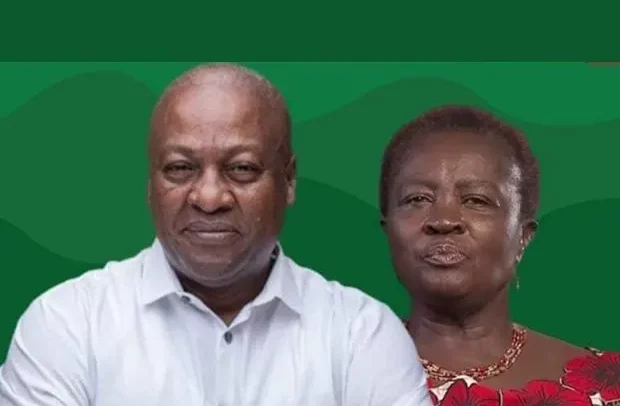
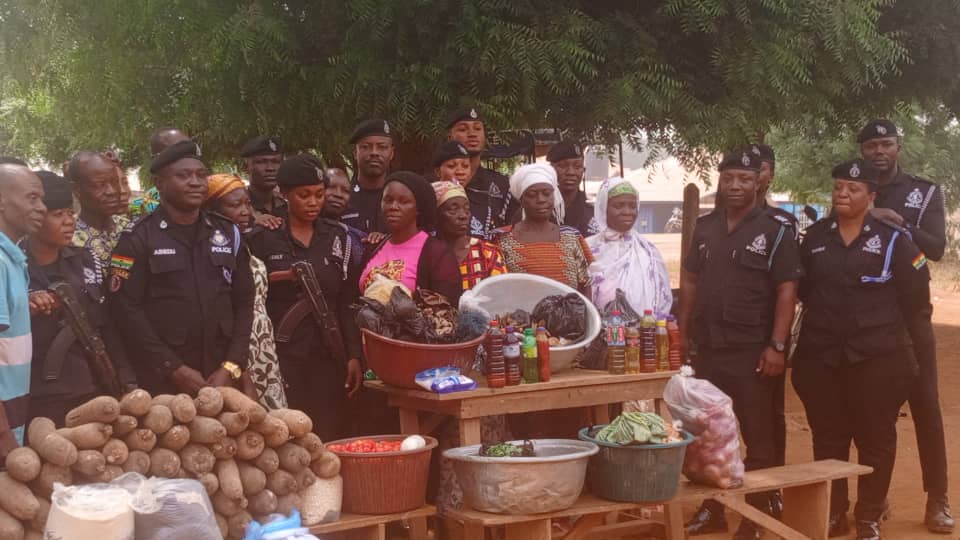
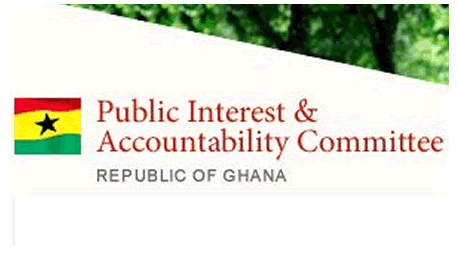
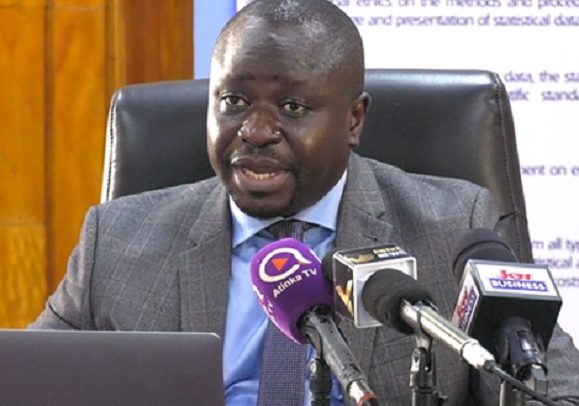







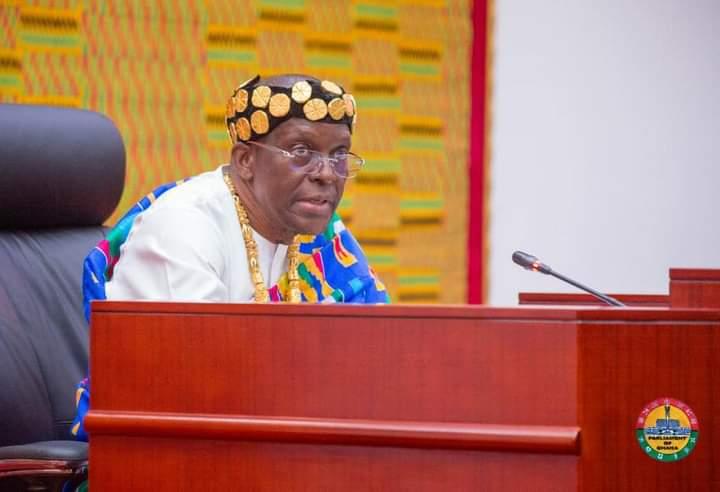









Facebook
Twitter
Pinterest
Instagram
Google+
YouTube
LinkedIn
RSS